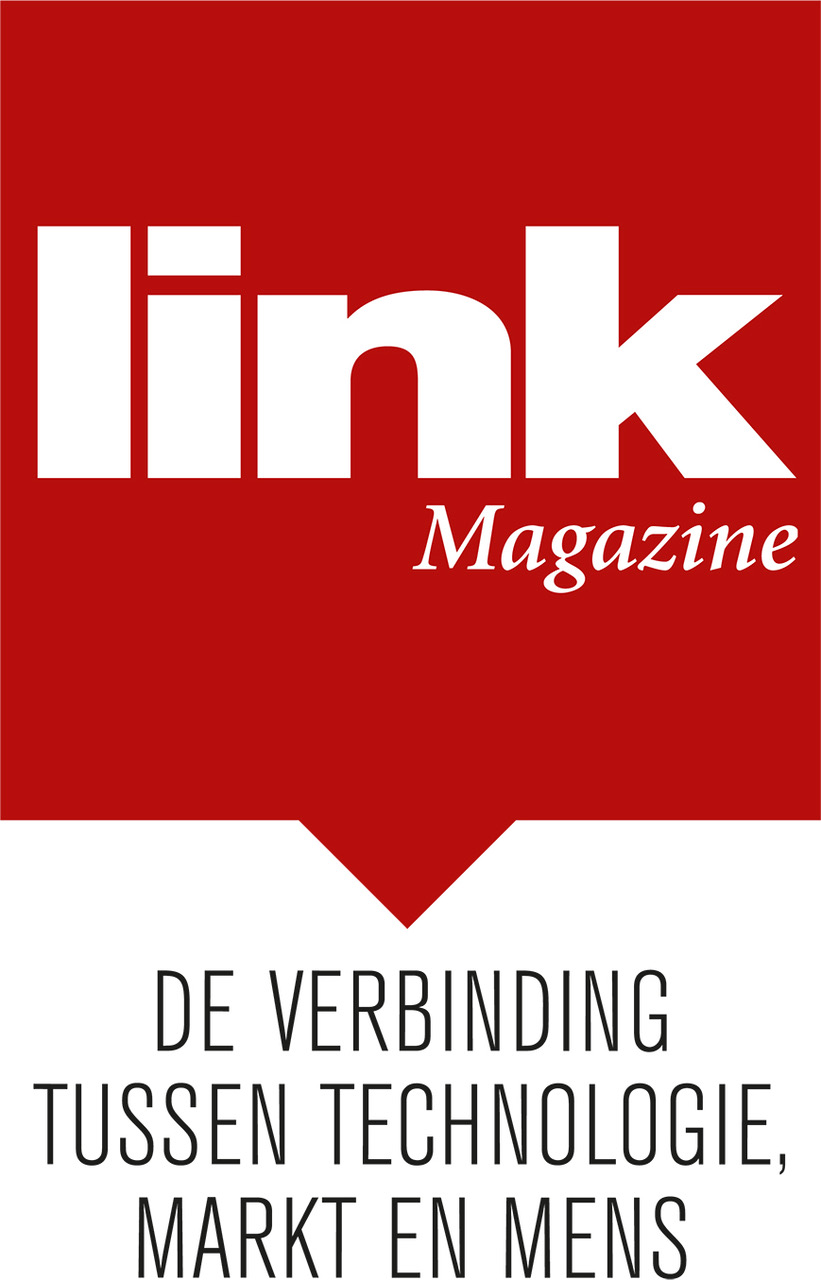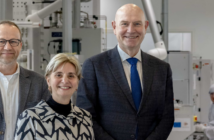
Mr. Trump said of the announcement: “The people of Arizona will be very happy. It’s a lot of jobs.”
Intel Corporation maakte gisteren haar plannen bekend, dat ze meer dan $7 billion investeren in Fab 42. Dit project werd eerder stil gelegd maar wordt opnieuw opgestart. Fab 42 in Chandler, Ariz., wordt de modernste en technologische semicon fabriek in de wereld. President Donald Trump en Intel CEO Brian Krzanich maakten dat gisteren bekend in the White House.
According to Intel’s official press release, the completion of Fab 42 in 3 to 4 years will directly create approximately 3,000 high-tech, high-wage Intel jobs for process engineers, equipment technicians, and facilities-support engineers and technicians who will work at the site. Combined with the indirect impact on businesses that will help support the factory’s operations, Fab 42 is expected to create more than 10,000 total long-term jobs in Arizona.
There will be no incentives from the federal government for the Intel project, the White House said.
Context for the investment was outlined in an e-mail from Intel’s CEO to employees.
“Intel’s business continues to grow and investment in manufacturing capacity and R&D ensures that the pace of Moore’s law continues to march on, fueling technology innovations the world loves and depends on,” said Krzanich. “This factory will help the U.S. maintain its position as the global leader in the semiconductor industry.”

Intel CEO Brian Krzanich
“Intel is a global manufacturing and technology company, yet we think of ourselves as a leading American innovation enterprise,” Krzanich added. “America has a unique combination of talent, a vibrant business environment and access to global markets, which has enabled U.S. companies like Intel to foster economic growth and innovation. Our factories support jobs — high-wage, high-tech manufacturing jobs that are the economic engines of the states where they are located.”
Intel is America’s largest high-technology capital expenditure investor ($5.1 billion in the U.S. 2015) and its third largest investor in global R&D ($12.1 billion in 20151). The majority of Intel’s manufacturing and R&D is in the United States. As a result, Intel employs more than 50,000 people in the United States, while directly supporting almost half a million other U.S. jobs across a range of industries, including semiconductor tooling, software, logistics, channels, OEMs and other manufacturers that incorporate our products into theirs.
The 7nm semiconductor manufacturing process targeted for Fab 42 will be the most advanced semiconductor process technology used in the world and represents the future of Moore’s Law. In 1968, Intel co-founder Gordon Moore predicted that computing power will become significantly more capable and yet cost less year after year.
The chips made on the 7nm process will power the most sophisticated computers, data centers, sensors and other high-tech devices, and enable things like artificial intelligence, more advanced cars and transportation services, breakthroughs in medical research and treatment, and more. These are areas that depend upon having the highest amount of computing power, access to the fastest networks, the most data storage, the smallest chip sizes, and other benefits that come from advancing Moore’s Law.
After the announcement, President Trump tweeted his thanks to Krzanich, calling the factory a great investment in jobs and innovation. In his email to employees, Krzanich said that he had chosen to announce the expansion at the White House to “level the global playing field and make U.S. manufacturing competitive worldwide through new regulatory standards and investment policies.”
“When we disagree, we don’t walk away,” he wrote. “We believe that we must be part of the conversation to voice our views on key issues such as immigration, H1B visas and other policies that are essential to innovation.”

In 2012, Paul Otellini, then Intel’s CEO, made a similar promise about Fab 42 in the company of Obama, during a visit to Hillsboro, Oregon.
During Mr. Trump’s presidential campaign, Krzanich had reportedly planned a Trump fundraiser event and then cancelled following numerous controversial statements from Trump regarding his proposed immigration policies. Intel has continued to be critical of the Trump administration’s immigration policies, joining over 100 other companies to file a legal brief challenging President Trump’s January 27 executive order which blocked entry of all refugees and immigrants from seven predominantly Muslim countries. Recently, Krzanich took to Twitter to criticize the order, voicing the company’s support of lawful immigration.






